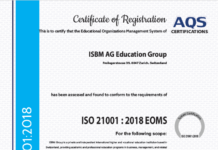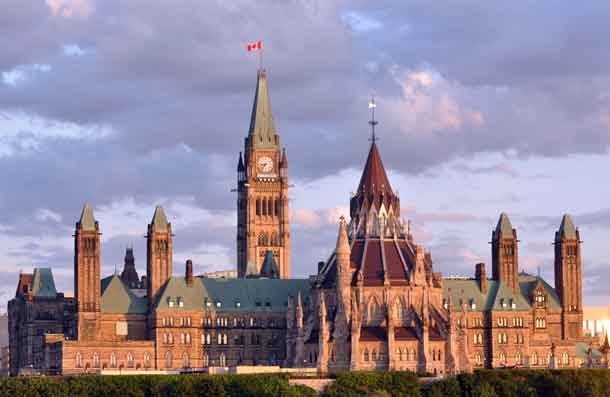

By the very institutions meant to make them think for themselves
CALGARY, AB – OPINION – Over the Christmas break I did some work at Harvard. On the first walk between my hotel and the archive, I noticed several changes since my last visit, years ago. Inside one of the gates was a sign: Tobacco-Free Harvard Yard.
It was not just smoke-free but, starting last summer, devoid of tobacco products. Some objected to the ban because anyone transiting the Yard can easily avoid the deadly fog of second-hand carcinogens. Others observed that Harvard students are as aware of health risks as anyone so the paternalism and implied infantilizing of students insulted their intelligence.
One of the supporters of the ban said that, because of so many visitors, “it was actually a type of global health intervention at the micro-level.” At least Harvard’s self-importance remains unimpaired.
Last spring I had read a piece by Jessica Korn in the undergraduate newspaper The Crimson that called for “academic justice” to replace academic freedom. No research “justifying oppression” would be permitted. Since she had one of my friends in mind, I paid attention.
There was also an article in the New Yorker by Jeanne Suk who teaches at the Harvard Law School. She reported that it has become risky to discuss rape as a criminal offence. One of her colleagues was told to avoid the term “violate” – as in “does this activity violate the law?” – because it might induce traumatic memories.
Often such complaints are accompanied by demands for “trigger warnings.” These are intended to strike a balance between academic freedom and hurt feelings. This is not censorship, advocates say, but sensitivity training. How sensitive is enough? Being sensible rather than sensitive is not an option.
Another anecdote: after the Ferguson grand jury refused to indict police officer Darren Wilson, the law students asked to have their exams postponed because they were so traumatized.
When I asked what had happened to Harvard, I was told to read two books. My friends were academics after all. One, Why Teach? by Mark Edmundson, and a second, Excellent Sheep by William Deresiewicz, would explain things.
Having done so, I can recommend them not only as accounts of a pathology that has invaded the greatest university on the continent but one that has made significant inroads at the University of Calgary as well.
During the mid-1980s universities began to model themselves on businesses. Administrators were no longer academics who avoided teaching and disdained research, but Senior Leadership Teams who rewarded themselves accordingly. Their eyes were very high as they sought prestige and profit. Admissions offices became marketing departments.
If the student-customers didn’t find Latin and Greek sufficiently appealing, should we dissolve the classics department? The question answers itself because the best students, as former U of C president Harvey Weingarten said, attend the business school where they are credentialed for workplace productivity and success.
Such students are polite, mild, well-mannered, well-groomed, well-spoken, and well-medicated. Everything they do goes on a resume. As Deresiewicz put it, they “think for themselves, but only because we want them to.”
Teachers interested in their students’ long-term welfare ask them what they want from their lives. You know, things like happiness. When universities become corporate villages rather than scholarly enclaves, such questions disappear. When students know what they want but have no clue why, there are costs.
The celebration of “Haskayne Happyness” day last week at the business school was billed as a break from the stress and depression of January. No one noticed that the need for such a break meant that the students attracted to Haskayne were not happy in their studies.
Poor kids.
Barry Cooper
Barry Cooper teaches happy political science students at the University of Calgary.
Troy Media






